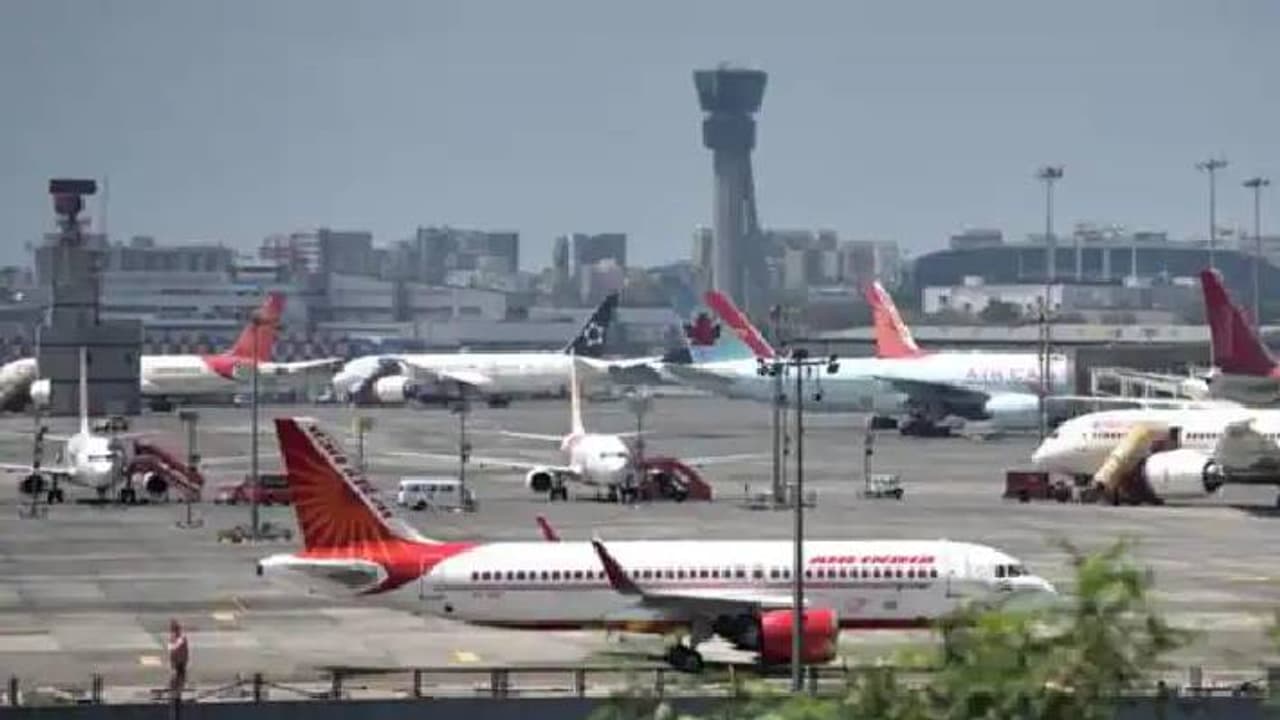The Ministry of Civil Aviation is actively monitoring the air traffic situation at Mumbai Airport -- one of the busiest airports in the country -- and is dedicated to minimizing inconvenience for passengers to further address the congestion issues.
The congestion issues at Mumbai's Chhatrapati Shivaji Maharaj International Airport (CSMIA) seem to be improving following the intervention of the Ministry of Civil Aviation (MoCA). CSMIA has been grappling with congestion issues, exacerbated by its single-runway operations. Despite being one of India's busiest airports, with a high volume of domestic and international flights, including military and general aviation, CSMIA's infrastructure limitations have led to significant delays and environmental concerns.
During the winter schedule of 2023, the airport witnessed frequent congestion, resulting in prolonged hovering of aircraft, fuel wastage, and environmental pollution. To address this pressing issue, the MoCA took decisive action on 2 January 2024.
The MoCA directed Mumbai International Airport Limited (MIAL) and the Airports Authority of India (AAI) to implement measures aimed at mitigating congestion. These measures include restricting the movements of non-scheduled flights, particularly general aviation, during peak hours identified as 0800-1100 IST, 1700-2000 IST, and 2115-2315 IST.
This directive sought to alleviate congestion during critical periods and enhance operational efficiency at CSMIA.
The ministry directed the airport operator to reduce flight operations from 46 to 44 per hour during the intensity Runway Operations (HIRO) period and from 44 to 42 aircraft movements per hour during the remaining period. This directive also included the provision of 2 slots for general aviation aircraft.
The airport operator, in coordination with airlines, implemented these directions effective on 20 February 2024. All domestic airline operators were advised to strictly adhere to the allocated slots by MIAL to avoid air congestion.
Subsequently, the air traffic situation in Mumbai has been monitored and has shown improvement from 19 February 2024 onwards.
For 14476 arrivals (between 11 November- 10 December 2023), the delays were:
* Before Schedule: 4979 aircraft (34.4%)
* 0-15 minutes: 3632 aircraft (25.1%)
* 15-30 minutes: 2083 aircraft (14.4%)
* 30-60 minutes: 2141aircraft (14.8%)
* More than 60 minutes: 1641 aircraft (11.3%)
For 4337 arrivals (between 16 February to 24 February 2024), the delays were:
* Before Schedule: 570 aircraft (13%)
* 0-15 minutes: 2469 aircraft (57%)
* 15-30 minutes: 1120 aircraft (26%)
* 30-60 minutes: 178 aircraft (4%)
* More than 60 minutes: Nil (0%)
Aircraft operating earlier than their approved slot (identified as "before schedule" in the data) contribute to congestion and delays for other aircraft following their scheduled slots, leading to a cascading effect on other scheduled movements. Efforts have been directed towards enhancing these movements, with airlines urged to adhere strictly to their allocated slots.
